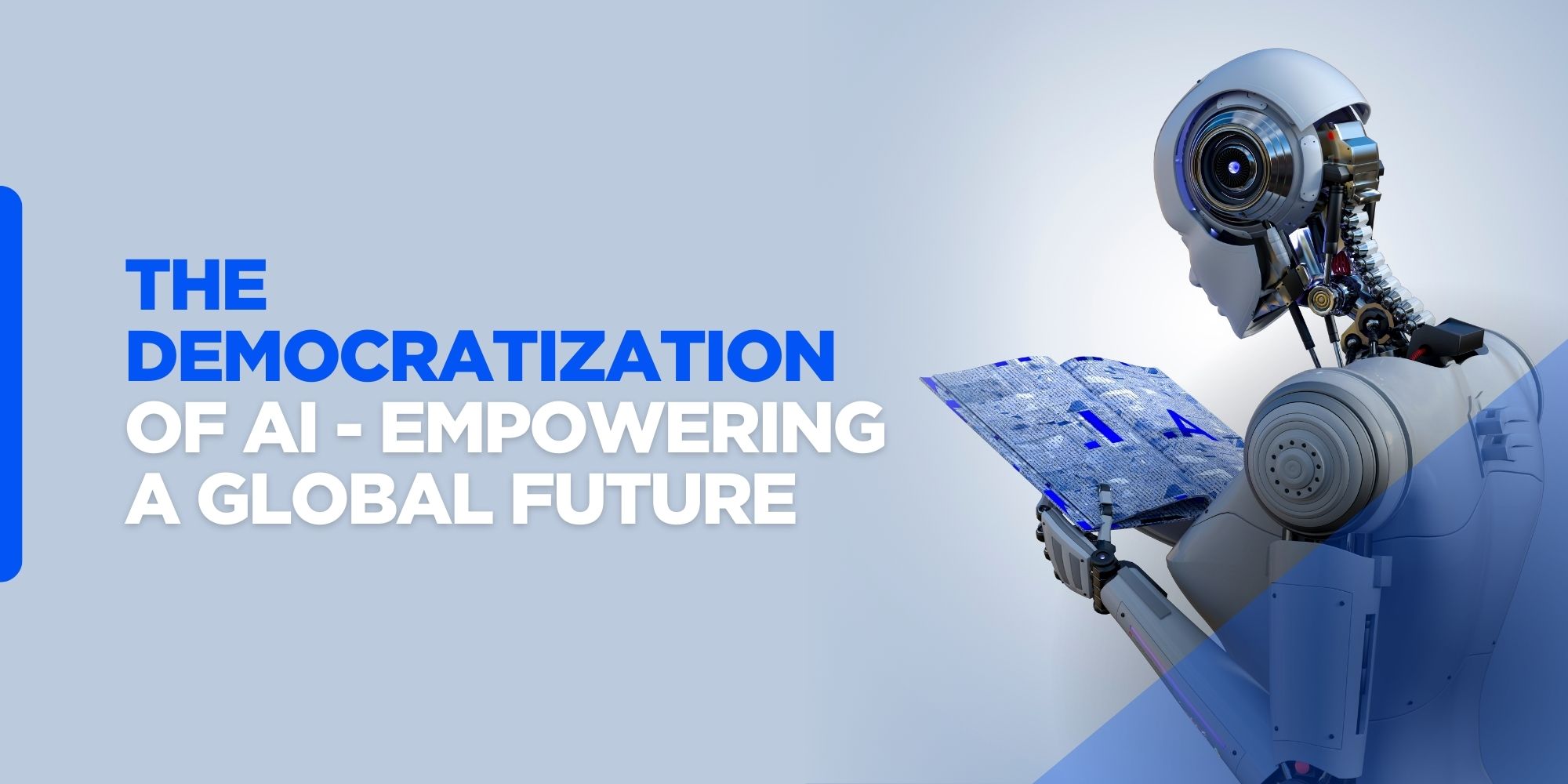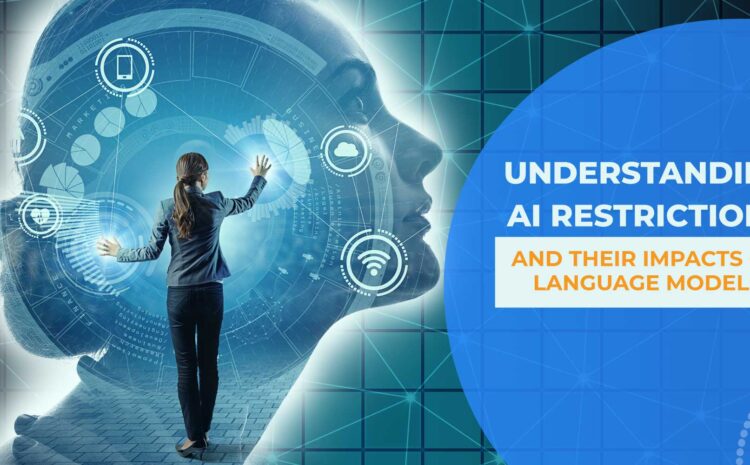Welcome back, everyone! Grab your favorite drink and settle in as we dive into an exciting and transformative innovation—The Democratization of Artificial Intelligence (AI). AI, once reserved for tech giants and specialized researchers, is now becoming more accessible to individuals, businesses, and communities across the globe. This movement is reshaping industries, driving creativity, and unlocking new opportunities for innovation in ways that were previously unimaginable.
If you’re short on time, check out the TL;DR at the end!
What Is AI Democratization?
The democratization of AI refers to the process of making AI tools, technologies, and knowledge available to a much broader audience, regardless of their technical background or access to resources. It’s about moving beyond data scientists and engineers and putting the power of AI into the hands of marketers, small business owners, healthcare workers, students, and everyday users.
The goal is threefold:
- Democratizing AI Use: Simplifying AI tools so they’re intuitive and usable by non-experts.
- Democratizing AI Development: Offering low-code/no-code platforms, open-source models, and cloud APIs to help anyone build AI applications.
- Democratizing AI Governance: Involving diverse voices in setting policies that govern how AI is used and regulated.
Together, these efforts ensure that AI isn’t just for the elite few but for everyone.
Why AI Democratization Matters
1. Boosts Innovation and Creativity
AI democratization unleashes creativity. With accessible AI tools like ChatGPT, DALL·E, and Meta’s open-source Llama, individuals and startups can innovate without needing deep technical know-how or massive infrastructure. This levels the playing field, especially for small businesses and solo entrepreneurs, empowering them to compete with much larger organizations.
2. Drives Economic Growth
Affordable and user-friendly AI tools open doors for economic empowerment. Small to mid-sized enterprises (SMEs) can now adopt intelligent automation, predictive analytics, and personalized customer engagement without huge budgets. This is especially impactful in emerging economies where access to traditional tech infrastructure may be limited.
3. Promotes Ethical, Inclusive Technology
Democratization helps challenge the centralization of AI power. When more people have a say in how AI is developed and deployed, there’s a better chance of creating systems that are inclusive, transparent, and ethical. It also diversifies the data and perspectives involved in building AI, helping to reduce bias and increase fairness.
4. Upskill the Workforce
AI is no longer a buzzword limited to tech conferences—it’s becoming a job skill. As more educational institutions and platforms offer AI training, individuals across sectors can learn to leverage these tools in their daily roles, whether they’re in marketing, healthcare, finance, or logistics.
The Challenges of Making AI Truly Accessible
While the benefits are clear, democratizing AI isn’t without its hurdles:
- Data Privacy & Security: With more users accessing AI tools, the need for strong data protection policies grows. Misuse or poor data handling can lead to serious consequences.
- Bias and Fairness: AI is only as unbiased as the data it’s trained on. Open access must go hand-in-hand with responsible development practices.
- Digital Divide: Not everyone has equal access to devices, the internet, or education. Bridging this digital divide is crucial to ensure true democratization.
- Quality vs. Accessibility: Simplifying AI tools should not mean compromising on reliability or accuracy. Striking that balance is key.
Global Outlook: AI as a Shared Asset
Interestingly, emerging markets are leading the way in AI trust and adoption. Surveys from 2024 and early 2025 show that individuals in countries like India, Brazil, and Nigeria are more optimistic about AI than those in more developed economies. A growing majority believes that AI can solve real-world problems—from agriculture and education to healthcare and finance.
This shift signals an important truth: AI’s future doesn’t belong only to Silicon Valley—it belongs to the world.
A Glimpse into the Future
As we look ahead to late 2025 and beyond, the democratization of AI is expected to accelerate even further thanks to:
- Open-source models with commercial licenses
- User-friendly interfaces like drag-and-drop AI builders.
- Embedded AI in CRM tools, ERPs, marketing suites, and more
- Government and nonprofit initiatives promoting AI literacy
These trends point to a future where AI is as common and necessary as the internet.
The democratization of AI is not just a trend—it’s a paradigm shift. By making powerful AI tools accessible, understandable, and affordable, we empower individuals and organizations to innovate, compete, and solve meaningful problems. But we must do so responsibly—balancing access with ethics, and innovation with accountability.
TL;DR: The democratization of AI is transforming how people interact with technology. Making powerful AI tools accessible to non-experts and small businesses enables innovation, promotes inclusive development, and levels the economic playing field. As more open-source models and no-code platforms emerge, individuals can upskill, create, and collaborate like never before—safely and ethically. With thoughtful governance and education, AI’s benefits can be shared globally.
Hope you enjoyed this post! While you’re here, why not check out a few of our other pieces? We have several blog posts on Cloud Technologies, Salesforce CRM, AI, Salesforce CPQ, Zoho, Bitcoin, Cybersecurity, AWS, and many other topics we just know you’ll love.




